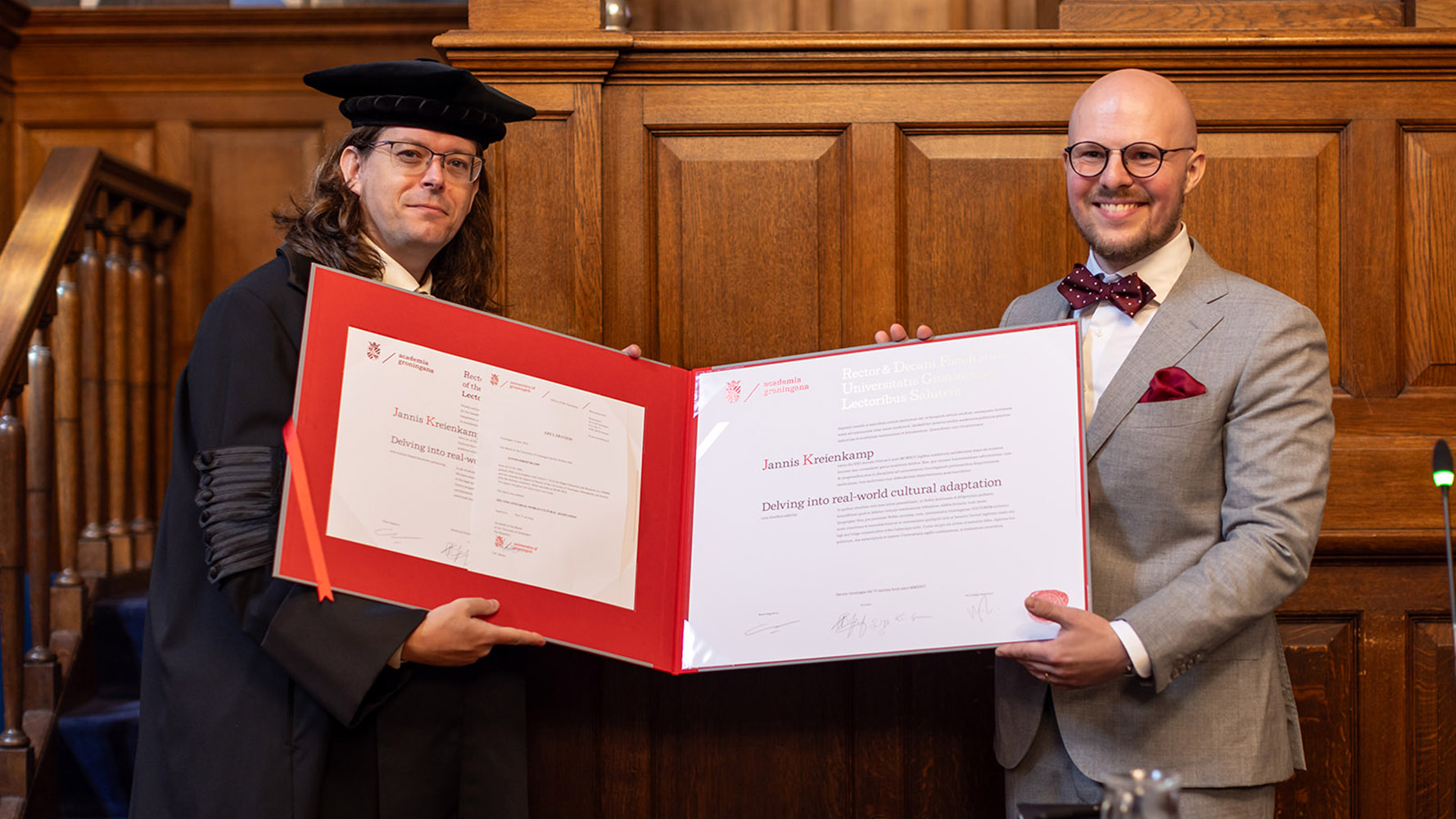In a globalizing world, migration is reshaping societies and individual lives. Yet, how migrants adapt psychologically to new cultural contexts—the process known as psychological acculturation—remains underexplored, especially in terms of the dynamic, everyday experiences that shape this journey. In my dissertation project we addressed this gap, offering a multidimensional perspective on migration and acculturation.
The research is grounded in three core questions:
- What does psychological acculturation mean, conceptually?
- What psychological mechanisms drive intercultural interactions and acculturation?
- How do these mechanisms evolve over time and differ across individuals?
Delving into real-world cultural adaptation: Conceptual, theoretical, and methodological advances in dynamic intercultural contact
To answer these questions, I adopted a mixed-methods approach, integrating qualitative exploration, theoretical development, and innovative methodologies for analyzing real-world data.
A Bottom-Up Approach to Acculturation
The journey begins with a qualitative exploration of refugees’ and migrants’ lived experiences. Through focus group discussions, I identified the ABCD framework—Affect, Behavior, Cognition, and Desire—as a comprehensive way to understand the multifaceted nature of acculturation. This framework captures the emotional, behavioral, cognitive, and motivational dimensions of adapting to a new culture.
A Conceptual Framework for Psychological Acculturation
Building on these insights, I developed a formal conceptual framework that situates psychological acculturation within broader intercultural contexts. A systematic review of literature revealed gaps between rich theoretical understandings and less nuanced empirical practices. The ABCD framework bridges these gaps, offering a structured yet flexible way to study acculturation. I have written about the article that forms the basis of this chapter here on the website: www.janniskreienkamp.com/acculturation-framework
Situational Need Fulfillment in Intergroup Contact
The dissertation also proposes situational need fulfillment as a key psychological mechanism for understanding positive intergroup contact. Through experience sampling studies, I showed how fulfilling core psychological needs during intercultural interactions shapes attitudes, well-being, and perceptions, offering a dynamic alternative to traditional models of intergroup contact.
Capturing the Dynamics of Migration Experiences
Finally, I introduced a novel methodological approach—feature-based time series clustering—to analyze the temporal patterns of migrants’ experiences. This method revealed distinct developmental trajectories: some migrants experience stable, positive adaptation, while others face more challenges. These findings underscore the complexity and variability of acculturation over time. I write more about this paper here on this website: www.janniskreienkamp.com/timeseries-clustering
Why This Matters
This research offers both theoretical and practical contributions. The ABCD framework provides a holistic lens for understanding acculturation, empowering migrants to articulate their experiences while guiding policymakers and organizations in offering nuanced support. By emphasizing dynamic, real-time processes, the work highlights the importance of understanding migration as an evolving, multidimensional journey rather than a linear path.
For academics and practitioners alike, this dissertation underscores the need to center individual experiences, relational dynamics, and temporal development in the study of migration. By doing so, we can better understand—and support—the human side of globalization.
For a deeper dive into my findings, feel free to check out the full versions of the dissertation and its accompanying propositions.

